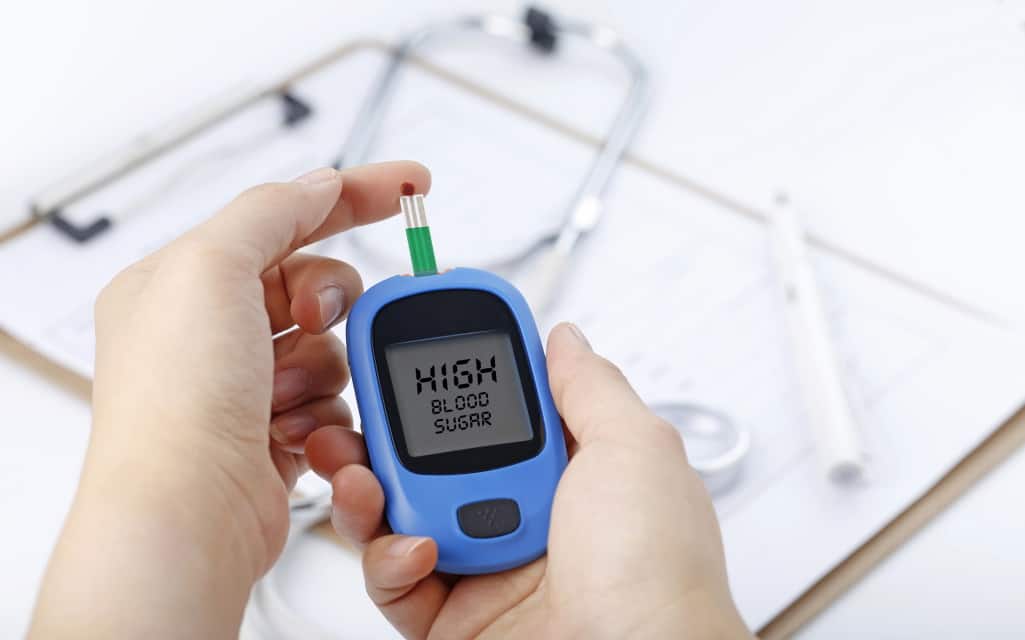Diabetes is one of the most dreaded chronic illnesses. It can take a toll on your health, even worse it can be fatal. You have received your diagnosis for diabetes and it shattered you. But it is not the end of the world, there is a lot you can do to stay healthy regardless of the disease. The following are the next steps to take after you are diagnosed with diabetes.
Get your team ready
You don’t want to walk alone in managing the disease, you will need other people through the journey. So choose the team of people who will help you manage the disease. You will start taking regular trips to your physician’s to keep you grounded on reaching and maintaining your target blood sugar levels, blood pressure, and cholesterol. Since you need to follow a strict diet plan, you will also need a dietitian.
Start your medication
You will also need to start taking your medication. Once you visit your physician, they will give you a prescription and ensure to always take your medication at the required time. Nerve Pain Remedies should also be on your list because at some point you will start experiencing pains.
Plan your meals
Even when on medication, you will need to plan your meals. A healthy diet is important for keeping your blood sugar levels and cholesterol in check. Carbohydrates will increase your blood sugar levels while fats result in high cholesterol. These two are bad for you if you are diabetic, so ensure to reduce or replace them whenever possible. But meal planning is not just deciding what to eat every day, it needs to be a balanced diet to provide enough nutrients to the body. If you are having trouble planning your meals, find an expert to do it for you. A good meal plan combined with medication will go a long way to help keep you healthy.
Read More: Does Diabetes Make Your Life Too Hectic
Physical activity
Physical activity is also vital because you are doing more harm than good to yourself when you sit on the couch, use the elevator instead of the stairs, skip a day in the gym, or always drive to the store when you can walk. Be physically active, because it helps to control your blood sugar levels. Make sure to exercise every day, even if it means simply taking a walk or going for a swim.
Go for regular screenings
You also need to go for regular screenings every year, because diabetes is often linked to some detrimental effects. You will need to regularly get screened for kidney diseases to catch and prevent possible amputation and blindness.
Be positive
The disease might affect your body, but you also need to have a positive mindset. Positivity will help you to get through the hard times and will help you propel forward when you are in a rough patch. Also, the fact that the disease might affect you mentally, you have to practice a positive attitude so that it doesn’t weigh you down. Reach out to friends and family for support and adapt meditative ways.



